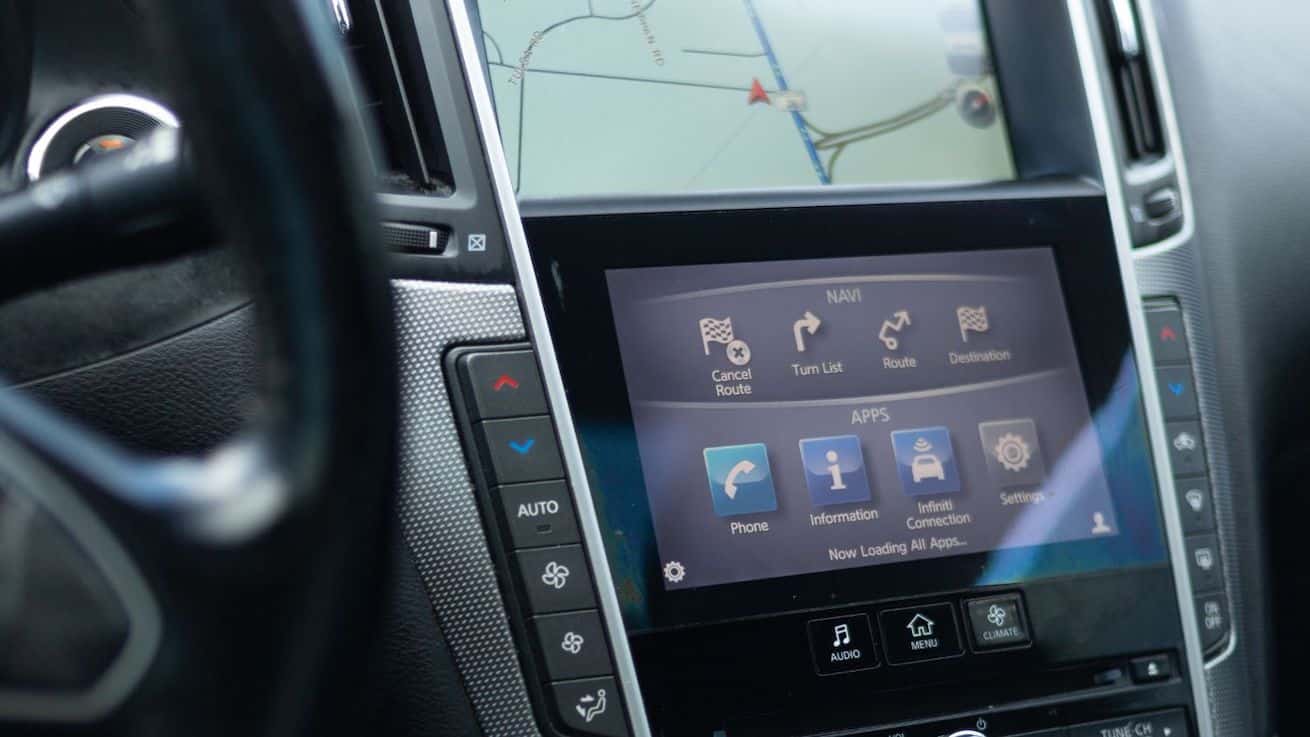Is Android System WebView a Spy App? (Is It Spyware Or Not)
Is Android system Webview a Spy App? We often come across multiple components while browsing through our Android devices. One such system component that has been circling the internet with curiosity and concern is ‘Android System WebView’. But the question that most users ask is, is Android System WebView a spy app?
Could it be a spy app or spyware that compromises your sensitive information? This article aims to tap into this, explaining whether Android System WebView is a spy app, how it interacts with apps, and its relation with Google Chrome.
Understanding What Android System WebView App Is

Android System WebView is a significant component of the Android Operating System which permits the rendering and viewing of web content within applications.
A part of Google’s spectrum of applications, WebView functions off the web engine of Chrome, enabling it to display web pages directly in an app, eliminating the need for launching a separate browser.
Essentially, it bridges the gap between various types of internet content and Android applications, ensuring a seamless and integrated user experience. Its understated importance is reflected in smooth application performance.
What is Android System WebView?
Android System WebView is a system component of the Android operating system that allows Android apps to display web content within the app. It is an integral part of the Android OS that interprets and displays web content for your apps, providing a seamless browsing experience.
How Does Android System WebView Work?
The functionality of Android System WebView app emerges when you use other apps to display web content without leaving the app’s environment. In essence, this powerful system component acts as an in-app browser that interprets HTML, CSS, and JavaScript codes to display web content while you’re using an app.
Why is Android System WebView Important?
Without Android WebView, your chilling Netflix session could turn into a nightmare as the absence of this component may break the app’s functionality. Moreover, this application is not just linked to your fun apps; it encompasses all apps that need to display content, enhancing overall user experience.
Is Android System Webview Spyware ?
Contrary to some misconceptions, Android System Webview is not a piece of spyware. It is a legitimate component of the Android operating system that performs a crucial role as an embedded browser within apps.
Instead of opening an external web browser, Android System Webview enables users to view web content directly within third-party applications. Therefore, the notion that it is a spyware is erroneous and may stem from misunderstanding its functionality or erroneous software alerts. Its role is meant for seamless operation, not for intruding privacy.
Analyzing the Rumours: Is Android System WebView a Spy App?
Is the Android System WebView Safe? Despite being a system app, Android system WebView has been misunderstood as spyware due to its ability to display content within apps. However, it’s essential to clarify that Android WebView is not a spy app; it’s a legitimate part of the Android OS that ensures a cohesive user experience.
The rumors started primarily due to the app permissions it requires, which might seem intrusive at first glance. However, these permissions are necessary for Android WebView to operate seamlessly, providing an improved browsing experience within your apps.
Android System WebView is purely a system component that enables apps to display content without having to open a separate browser. Therefore, the assertion that the system WebView is a spy app is baseless and does not correspond to its actual functionality.
Understanding the Risks: Can Android System WebView Be Hacked?

Understanding the risks associated with Android System WebView is crucial for any prudent user. It acts as a vital component that enables android apps to display content. However, it stands with an unfortunate vulnerability to hacking attempts.
Cybercriminals possess tools to exploit security weaknesses in WebView and thereby gain unauthorized access to sensitive user information. Therefore, keeping WebView updated is highly recommended for minimising the risks. Users must also be sure to only install trusted applications, push against the backdrop of potential security breaches.
Are hackers able to use WebView?
Just like any app, theoretically, Android System WebView may become a target for hackers. However, Google keeps releasing security patches to ensure your smartphone remains secure.
Most android users typically add a security software to their android phone for extra protection against spyware apps. You can find many options at the Google Play Store.
How Safe is Android System WebView?
If you keep your Android WebView app updated, it’s as safe as any other apps with similar functionality. Google actively works to fix any potential security flaws, making the Android System WebView app safe for users.
Many hackers find their way to exploit vulnerabilities from old android versions and web based apps. As long as you keep your Android webview app up to date with the latest version your android device should be safe to use.
Does Android WebView Put My Sensitive Information at Risk?
Android WebView does not put your information at risk. It only acts as an in-app browser and does not store any sensitive data from your device. However, just like with any app, it’s always a good idea to keep it updated to avoid any potential security risks.
Control Your Device: How to Disable Android WebView
You can easily disable Android WebView through your device’s settings. Go to ‘Apps & Notifications’, and then ‘See all Apps’. Scroll and find ‘Android System WebView’. Click on ‘Disable’ – that’s it! However, please note that you should only disable it if you’re using Android 7.0 (Nougat) or higher versions.
Disabling WebView might lead to some slight lag when apps try to open web content, as they will now have to redirect the request to your default browser. While this won’t necessarily damage the apps, it can make the user experience somewhat disjointed due to the transition between two separate apps.
F.A.Q.
Why is Android System WebView built into Chrome?
From Android 7.0 onwards, Google included the system WebView within Chrome to optimize system resource usage. Chrome now provides the WebView function, making it a beneficial tool for both browsing and powering in-app web content.
How Does Android System WebView enhance Chrome’s Performance?
Android System WebView not only enhances Chrome’s performance but also optimizes system resources and memory use. As both the in-app browsing and main browsing capabilities are integrated into one app (Chrome), the device needs to run and maintain only one browser, leading to faster and smoother operations.
Why You May Want to Disable Android System WebView?
Although Android System WebView is indispensable for most apps, you might want to disable it if you use heavy apps and want to optimize your device’s performance.
Disabling it also saves storage space, especially on older devices. Essentially, if you’re using Android 7.0 or higher, Google Chrome can take over the system WebView’s functions, allowing you to disable the app.
Should You Uninstall Android System Webview?
Do i need to remove Android System WebView? Analyzing whether an Android System Webview should be uninstalled requires careful consideration. Android System Webview, an essential component for many apps to display content, contributes significantly to the efficient functionality of mobile applications.
Disabling or uninstalling it may lead to interruption in overall app performance. However, some individuals may prefer to uninstall it for reasons such as system constraints or perceived security risks. Yet, it is recommended to keep it updated rather than uninstalling it, as it allows users to have a more integrated and seamless browsing experience.
Last Updated on: March 16, 2025

